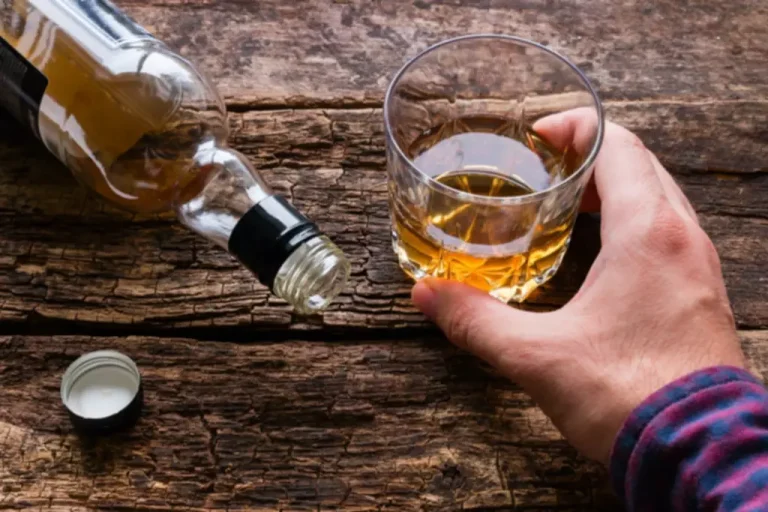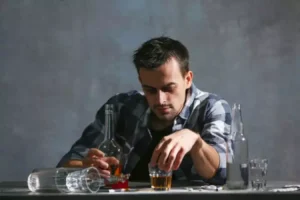
It causes a person to start slipping up on the coping techniques learned during psychotherapy for their substance use disorder. These are a collection of uncomfortable symptoms that a person experiences when they reduce or stop using drugs or alcohol. They occur while the body adjusts https://ecosoberhouse.com/ to the absence of the substance and are typically short lived. However, in some cases addiction withdrawal symptoms can last for several weeks or months and cause a person to relapse. Setting boundaries is crucial for protecting your sobriety and maintaining your recovery journey.
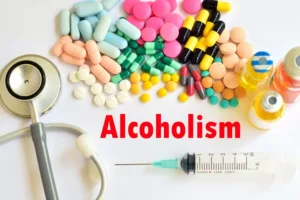
Identifying Triggers
Relapse can be a severe setback, disrupting one’s recovery journey and posing physical, emotional, and psychological risks. It can lead to guilt, disappointment, and despair, making it vital to have a toolkit of skills that can effectively mitigate these risks. Incorporating mindfulness and gratitude practices into your daily life can have a profound impact on your what is relapse, and give 3 skills for preventing it from happening. mental well-being and overall recovery journey. Mindfulness-based relapse prevention techniques promote self-awareness and help individuals to accept cravings rather than battling them. By practicing mindfulness, you can develop the ability to observe your thoughts and emotions without judgment, allowing you to respond to cravings and triggers more effectively.
What Triggers Lead to Relapse?
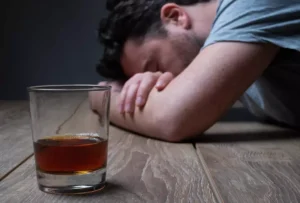
A person’s support system may also play an important role in recovery and the avoidance of relapse. Family counseling and therapy sessions may help loved ones to better understand the disease of addiction and learn to recognize potential relapse triggers and ways they can support in those instances. Communication skills and the overall family dynamic may improve through family therapy as well. Addiction is a brain disease and, as such, may involve disruptions to certain brain circuits and neural processes as a result of chronic drinking and/or drug use. Pathways involved in how a person feels pleasure and processes rewards, memory, and decision-making can be altered through substance abuse. With repeated use, alterations in brain chemistry and functioning can result in the development of substance dependence.
- They can provide expert guidance, help you identify your triggers, and suggest coping strategies that are tailored to your needs.
- This way, you can ensure that someone will be there to remind you of the benefits of sobriety and provide support.
- Gratitude practices can also support your recovery by fostering a more positive outlook on life and promoting overall well-being.
- Alan Marlatt, Ph.D., referred to a lapse as an abstinence violation.
- Once you figure out your own triggers, think about something you can do instead of substance use for each one.
How Do You Make A Relapse Prevention Plan?
He believes that their physical health is equally important in ensuring that guests are able to manage their addiction successfully. She graduated from the University of Connecticut in 2007 with a B.A. She has experience working in the mental health field since 2007 and joined High Watch as a 12-Step Coach in 2019. Her favorite pastimes include nature walks, baking, travel, performing in local community theatre productions, and spending time with family. Bronwyn lives in Kent with her loving husband and their two beautiful children. Cynthia has over twenty years of experience in healthcare sales and outreach.
- If the temptation to use again becomes too overwhelming, don’t hesitate to seek professional help.
- Reach out to loved ones, join self-help groups, or seek professional assistance to build a robust support system.
- In 2018 Rory received the Outstanding Newcomer Award from Yale New Haven Health System, being named one of the two best APRNs hired across that system that year.
- It may also involve normalizing occasional thoughts and relapse, and learning methods to let go of them quickly.
You’ll learn how to deal with challenges healthily and keep moving forward in your journey to stay sober. If you find yourself having a desire to drink or get high and you are debating what to do, a great tool is playing the tape through first. To play the tape through, you must play out what will happen in your mind until the very end.
People get fired, hearts get broken, and sometimes people leave us forever. Develop a plan to get through these major life challenges–without the use of drugs–before they happen. It needs to be tailored to you and ready to implement at the moment you’re feeling cravings or triggers. This way, you’ll be ready to act more effectively to the relapse threat.
Identifying and Managing Triggers
Achieving long-term recovery from addiction is a challenging but rewarding endeavour. Understanding relapse, recognising its stages, and developing relapse prevention skills are essential to a successful recovery journey. Remember that recovery is a personal journey, and there is no one-size-fits-all approach. It’s essential to find the best strategies and tools for you and seek professional guidance when needed.
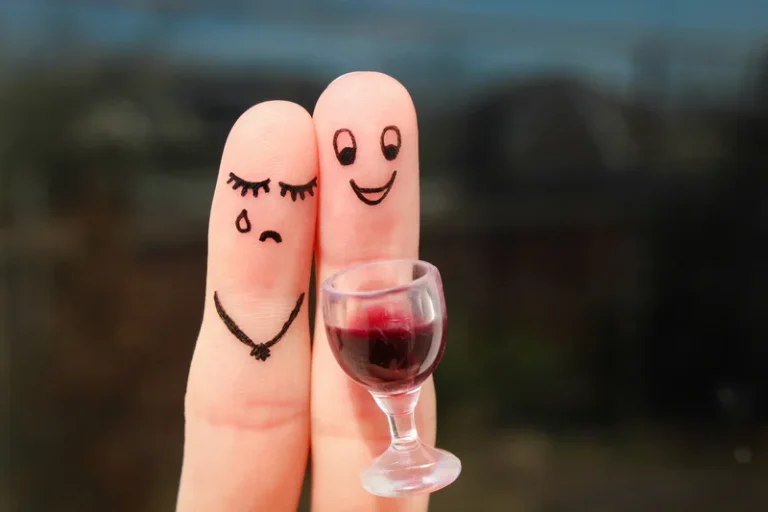
Women Urged to Ditch Guilt Around Food and Fitness for a Healthier Approach During Menopause, Says Expert
